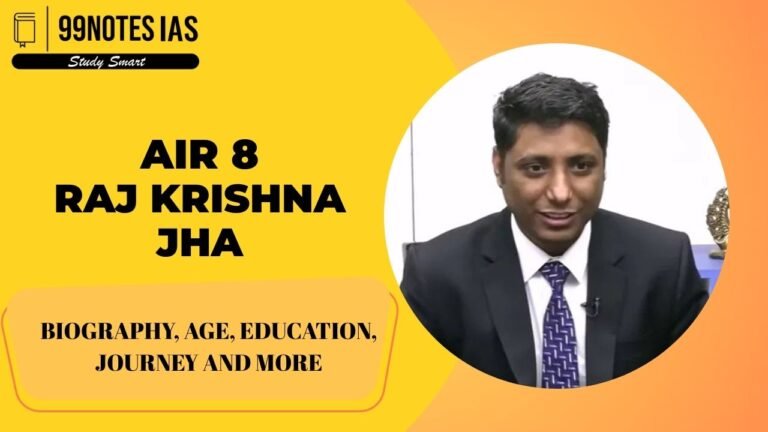Article 185 of Constitution of India – The Chairman or the Deputy Chairman not to preside while a resolution for his removal from office is under consideration.
Article 185 of Constitution of India deals The Chairman or the Deputy Chairman not to preside while a resolution for his removal from office is under consideration.
Original Text of Article 185 of Constitution of India
(1) At any sitting of the Legislative Council, while any resolution for the removal of the Chairman from his office is under consideration, the Chairman, or while any resolution for the removal of the Deputy Chairman from his office is under consideration, the Deputy Chairman, shall not, though he is present, preside, and the provisions of clause (2) of article 184 shall apply in relation to every such sitting as they apply in relation to a sitting from which the Chairman or, as the case may be, the Deputy Chairman is absent.
(2) The Chairman shall have the right to speak in, and otherwise to take part in the proceedings of, the Legislative Council while any resolution for his removal from office is under consideration in the Council and shall, notwithstanding anything in article 189, be entitled to vote only in the first instance on such resolution or on any other matter during such proceedings but not in the case of an equality of votes.
Questions related to Article 185 of Constitution of India
Article 185 ensures that neither the Chairman nor the Deputy Chairman of the Legislative Council can preside over a meeting when a resolution for their removal is being considered, promoting fairness under the Constitution of India.
In such cases, another member of the Legislative Council, elected by the House, presides over the session, as outlined in Article 185 and interpreted through rulings on Indian Kanoon.
3. Can the Chairman or Deputy Chairman take part in the proceedings during their own removal?
This ensures neutrality and transparency in the removal process, preventing any conflict of interest. It aligns with constitutional values of procedural fairness, as discussed in several Indian Kanoon cases.
You can explore Indian Kanoon for legal precedents, Assembly rules, and constitutional debates that highlight the implementation and challenges related to Article 185 of the Indian Constitution.
For Further Reference:
Other Related Links:

